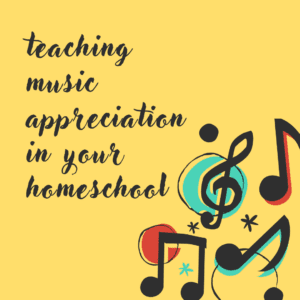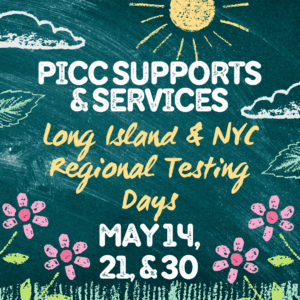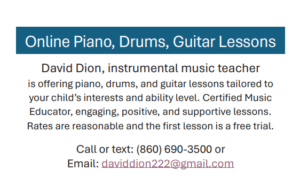Author: Susan August
Published in: ENOCH of NJ Newsletter
Published on: Oct. 1, 2007
Even though we’ve been homeschooling for many years now, I have yet to write out my “philosophy of education.” Every homeschool magazine recommends that each family should write down very specific goals before beginning their homeschool journey. I have to admit that the task seems overwhelming to me.
I tend to be a very methodical person and have used this as my excuse to procrastinate on the issue of written goals. I figured that if I just followed a chosen curriculum, it would probably take us where I wanted to go.
As my son Jack gets older, however, I’m beginning to realize that there are much broader goals to be reached. These goals are way beyond the scope of any curriculum that is currently available.
When I picture Jack as an adult, it helps me know what direction I want to head in, in order to equip him for manhood. Besides equipping him academically, there are countless principles I want to instill in him. Following are some examples that come to mind.
As adults, we’ve all faced circumstances that have stretched us beyond what we thought we could handle. I want Jack to learn to welcome challenges rather than avoid them. How can I teach him this? How did I handle the first ten weeks of the school year when our curriculum covered simple machines, electricity and the internal combustion engine? Although I felt completely out of my element, I was honest with Jack about my lack of knowledge in these areas. Recalling how I wanted to teach Jack to face a challenge with eagerness, I suggested that we could learn the material together. (There were times when he had to explain things to me!) Rather than viewing the 10 weeks as something to be endured, I jumped in with both feet and came out alright in the end.
One of the most discouraging questions a homeschool mom hears is “Are we done?” I don’t want Jack to get a sense of satisfaction only from “being done.” I would love to teach him to enjoy the process, as well. I have purposely chosen a curriculum that is somewhat open-ended, so we can’t always determine exactly when we are “done.” My hope is that, eventually, Jack will be so engrossed in what he is doing that he won’t be in such a hurry to check it off on his “To-Do” list. Unfortunately, I’m a terrible role model regarding this issue. I have a tendency to mentally jump to the next task when I’m only about halfway finished with the task at hand. It will clearly be God’s grace that will teach both Jack and me to enjoy the doing of a task as much as the accomplishing of a task.
How can I convince Jack of his total dependence on God? When he is struggling, do I steer him to prayerfulness, or do I demand that he muster up self-control or perseverance from somewhere inside himself? I confess that I often do the latter out of impatience. It seems more Biblical, however, to guide him in the direction of being able to admit that he cannot do the task at hand and therefore needs to depend on God’s grace.
Another attitude I want to instill in Jack is one of teachableness. I don’t think it would harm him in any way if he were to always assume that someone else knows more than he does. Even though he may feel proficient in a particular skill, I would like him to always be willing to listen to someone else’s advice, watch how someone else tackles the same task, or be willing to read one more article on the subject. One way I can model this is by listening to Jack when he thinks he’s discovered a new way to do something. This will take more patience on my part, but it will reap great benefits.
This list could go on and on. It might be worth keeping a list of these ideas and periodically reviewing them to see if I’m really teaching the things I think have long-term significance. Let’s face it, what good are all the academic skills in the world if we have not equipped our children with attitudes and perspectives that will glorify God?




